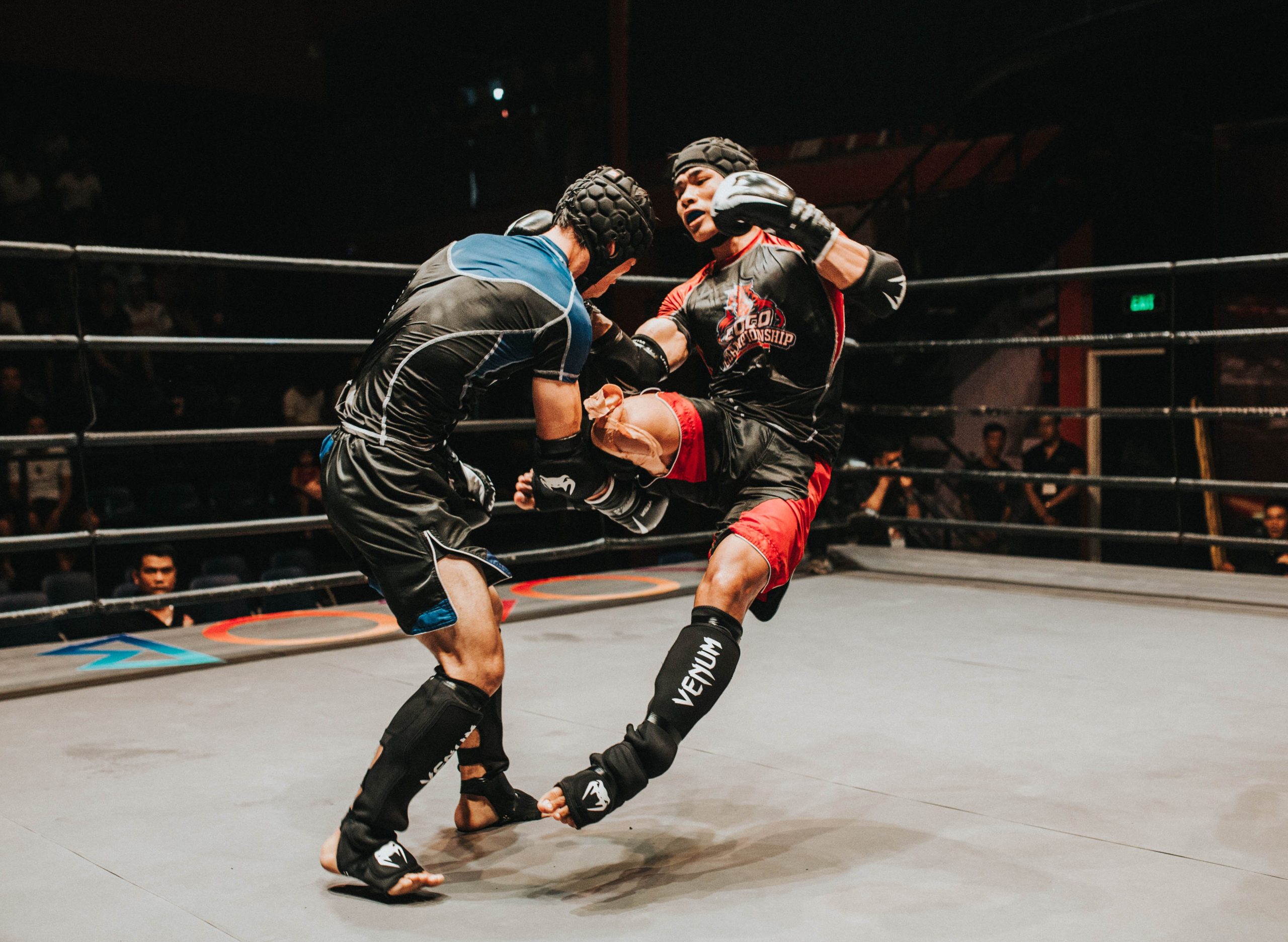In the high-stakes arena of combat sports betting, the allure of the underdog and the thrill of an upset victory create an electrifying atmosphere. While the unpredictability of these events is part of their charm, beneath the surface lies a realm of patterns and dynamics that savvy bettors can navigate. This article explores the unseen patterns that can influence the outcomes of combat sports betting.
1. The Psychology of the Underdog
With its penchant for underdog stories, the human psyche plays a pivotal role in combat sports betting. Fans often find themselves drawn to the allure of a lesser-known fighter overcoming the odds. This psychological bias can impact betting trends, leading to fluctuations in odds. Understanding this psychological aspect when engaging in free sports betting at thegameday.com allows astute bettors to identify potential value in underdog bets. While the odds may suggest a lopsided contest, the underlying skills, strategies and intangibles that make combat sports so captivating can create opportunities for those willing to take a calculated risk.
2. Analyzing Fight Styles
Combat sports, whether boxing or MMA, are not just about raw power and physical prowess. The clash of fighting styles often serves as the battleground for upsets. Fighters with unorthodox styles or those proficient in counterpunching can pose unexpected challenges to more favored opponents. Analyzing the historical matchups and outcomes involving specific fighting styles unveils hidden patterns. For instance, an MMA fighter with a strong defensive game, like Fabricio Andrade, may have a higher chance of upsetting an aggressive opponent, while a skilled grappler could turn the tables on a striker. Recognizing these stylistic nuances allows bettors to spot potential upsets before the odds catch up with the shifting dynamics of the fight.
3. Weight Class Dynamics
Weight classes in combat sports are more than just categorizations; they can significantly influence the likelihood of upsets. Fighters moving up or down in weight face challenges that may tilt the odds unexpectedly. A smaller fighter with speed and agility advantages moving up a weight class may outmaneuver a heavier opponent, creating an upset. Conversely, a fighter struggling to gain weight in a lower class may lack the stamina and strength needed for a sustained effort, making them susceptible to upsets. Exploring the historical data on fighters transitioning between weight classes unveils patterns that can guide bettors in identifying opportunities where the odds may not accurately reflect the potential for an upset.
4. The X-factor
Behind every upset lies the X-factor, the intangible elements that can turn the tide of a fight. It can include injuries, mental resilience, training camp changes, or external distractions. While these variables may not be apparent in the odds, they often play a significant role in determining the outcome of a match. Smart bettors keep a keen eye on these unseen variables, delving into the behind-the-scenes aspects of a fighter’s preparation. Has there been a recent change in the coaching staff? Is there a lingering injury affecting performance? By staying attuned to these subtleties, bettors can gain a competitive edge, anticipating potential upsets before the broader betting community catches on.
5. Venue Matters
Beyond the fighters and their skills, the venue can be a game-changer in combat sports betting. Different locations, whether a hometown advantage or an unfamiliar territory, introduce unique dynamics influencing fight outcomes. Though the level of interest in combat sports in the U.S. is negligible, local favorites often still manage to draw immense support from the crowd, creating an atmosphere that can buoy their performance. Conversely, fighters entering hostile territory may face additional psychological pressures. Analyzing the historical performance of fighters in specific venues reveals interesting patterns.
Conclusion
The world of combat sports betting is a dynamic landscape where underdogs can become heroes, and upsets can redefine expectations. By delving into the psychology of underdog favoritism, analyzing fighting styles, considering weight class dynamics, and factoring in the X-factor and venue, bettors can unveil the unseen patterns that shape the potential for upsets.

